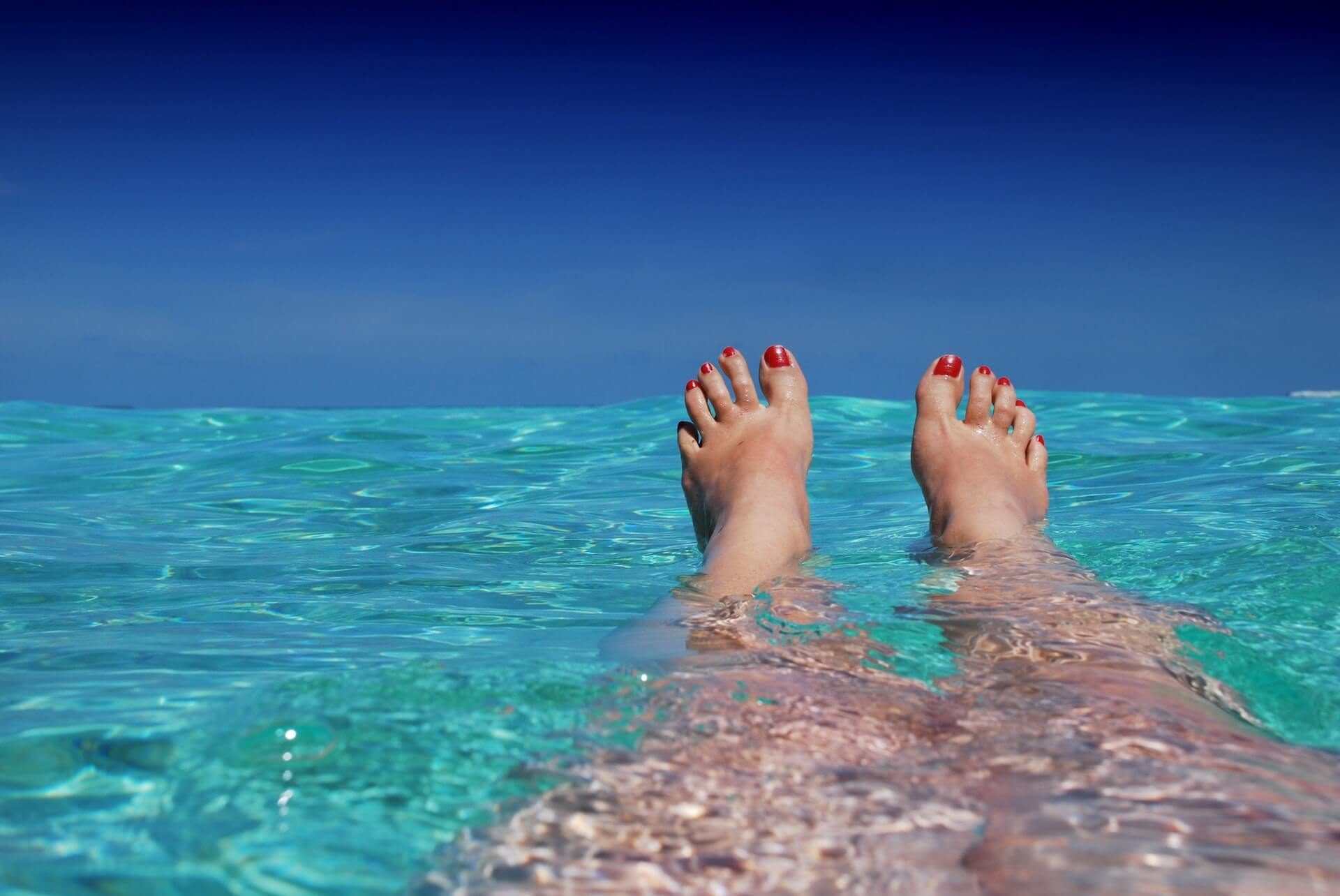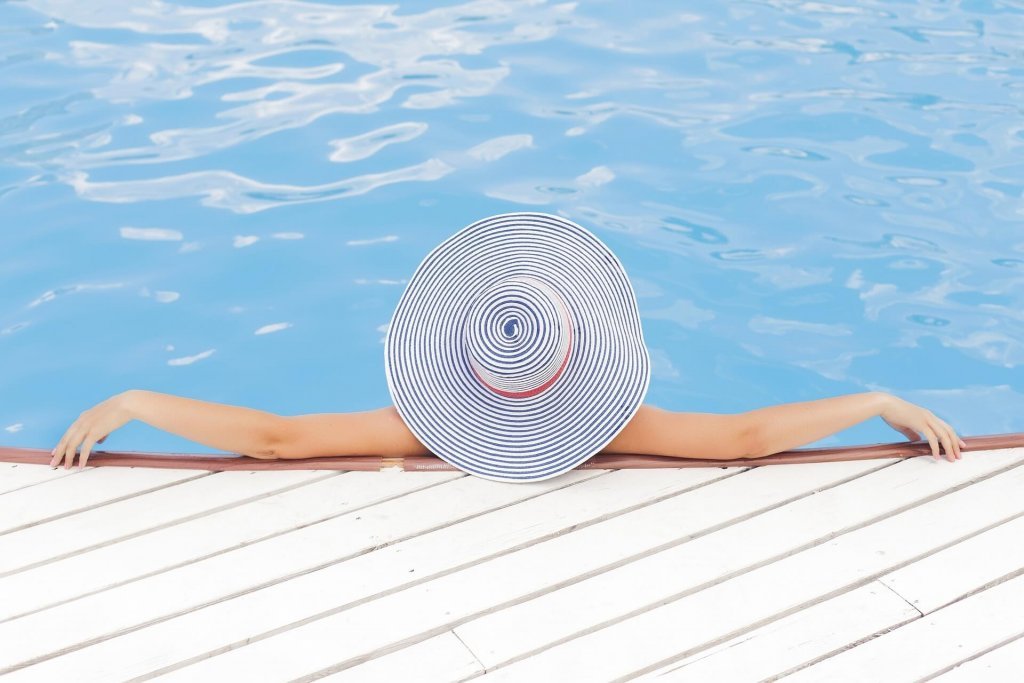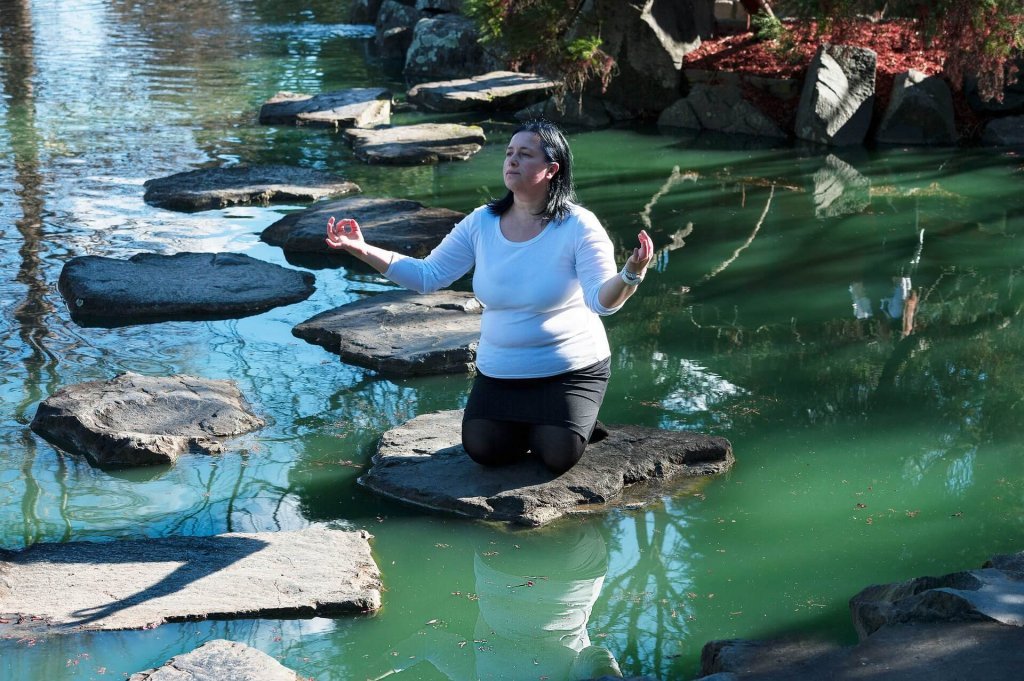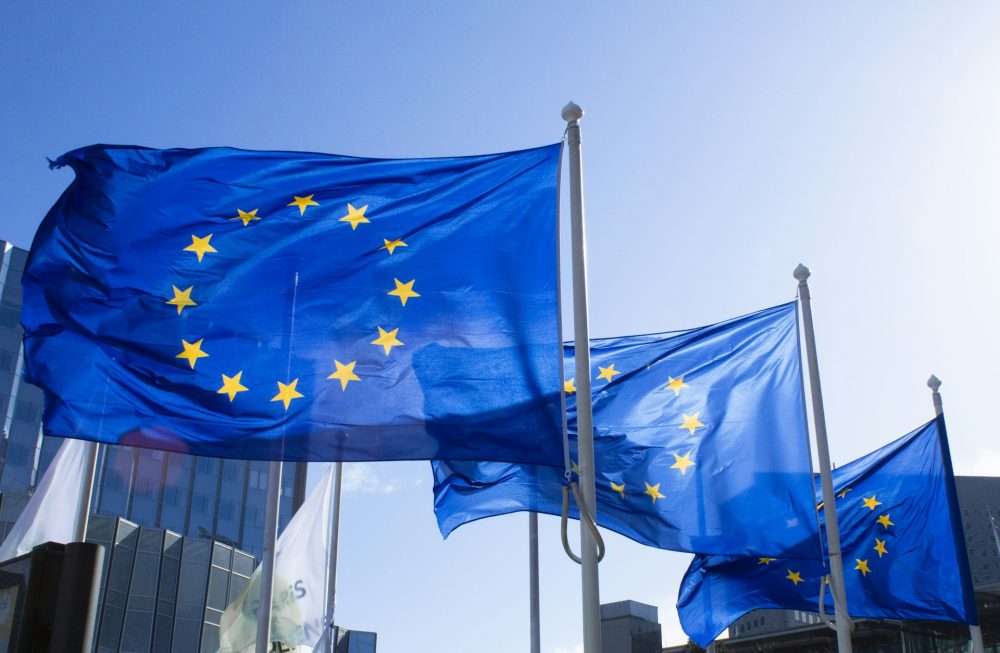Business
Getting back to work: How to beat post-vacation anxiety
Returning to work after a well-deserved vacation can be a struggle, especially when it comes to focusing on tasks and getting the job done.

Welcome back.
What’s that? You didn’t want to come home? You might have a touch of the post-vacation blues.
“It’s like an anxiety disorder,” explains Erika Martinez, a Miami psychologist who specializes in wellness issues. Symptoms, she says, include excessive worry, restlessness, irritability, headaches and poor attention or concentration.
Have you experienced these symptoms? As hundreds of thousands of Americans come home from their annual trips to the beaches and mountains, chances are many of them will. In a recent Wyndham Vacation Rentals study, 45 percent of respondents said the prospect of going home added to the stress of their vacation.
I’ve wondered about post-vacation anxiety since I experienced it for the first time many years ago. Back then, I worked for a financial wire service in New York. One weekend, I visited friends in the Catskills, and when I drove back, I remember seeing the Manhattan skyline from a distance. I felt my heart drop to the bottom of my stomach and heard myself uttering the words, “Oh, no.”
The threat of reality

Post-vacation anxiety: The thought of going back to reality and work can emerge even while you’re having a good time during your vacation. (Source)
“There is no name for the anxiety that people experience as they end a vacation,” says Joel Minden, a clinical psychologist in Chico, California. “But the cognitive processes that generally lead to anxiety are important to consider. Anxiety is linked to concerns about an upcoming threat or the belief that it won’t be possible to cope with the threat.”
I was lucky. My post-vacation anxiety surfaced only as I approached Gotham. For many travelers, it happens even earlier, which can interfere with having a good time.
“In the past, this anxiety would be so bad, I would start getting blue after the halfway mark in my trip,” remembers Bailey Gaddis, an author based in Ojai, California. “I believe a good deal of my post-vacation anxiety comes from a love of who I—and my family members—am during vacations. They’re slow movers who know how to stop and savor the moments.”
In other words, Gaddis misses that feeling of being on vacation while she’s still on vacation. She anticipates what is about to happen—a return to the doldrums of work and everyday routines—and wishes the break could last a little longer. Haven’t we all been there?
One fix: a longer vacation

Taking more days of vacation can help since you are more relaxed before and during your days off from work. (Source)
“I take a minimum of two weeks of vacation at a time,” says Brett Anderson, a financial adviser based in Hudson, Wisconsin. Part of the reason is that he doesn’t start to de-stress until about four days into the getaway. And another part is the apprehension he feels a few days before the vacation is over. Two weeks of vacation gives him at least seven days of relaxation, maybe more.
Anderson also takes it slow when he comes back.
“On the day I return, I try not to schedule any appointments and catch up on my emails,” he says. That way, he eases back into his routine.
Finding your anchors

Doing breathing techniques can help you in treating your post-vacation anxiety. (Source)
There are treatments for more serious cases of post-vacation malaise. They include breathing techniques, mindfulness, and cognitive behavioral therapy, says Allison Johanson, a clinical social worker based in Centennial, Colorado. “Some need to talk to a professional,” she says.
Martinez, the Miami psychologist, says a therapist can also dig beneath the surface to get to the root of post-vacation anxiety.
“For example, if they say they’re dreading returning to work, that can spark a conversation about their resentment for the boss that passed them over for a promotion,” she says.
Treat yourself

Planning the next vacation can be something to look forward to and may help with the post-vacation anxiety. (Source)
The travel industry can help ease the pain a little, too. Lenina Close owns the Lake Pointe Inn, a luxury bed-and-breakfast in McHenry, Maryland. She also has a psychology degree. To dull the pain of re-entry, she focuses on providing a homelike atmosphere with special touches like a basket of reading glasses for guests and bags of fresh-baked cookies for the road.
“Guests can’t be anxious about returning home if they never left,” she says.
Perhaps the best way to treat what Close calls “post-vacay panic” is booking another vacation. A recent Booking.com survey revealed that 1 in 5 visitors book their next vacation during the last 24 hours of their current trip.
It doesn’t even have to be a full vacation to count. Karen Schneider, a project manager from New York City, says as long as it’s something special, like a concert or a trip to a museum, that takes her away from the every day—it’s a kind of mini-vacation.
“I try to always have something to look forward to in the future,” she says.
Of course, there are travelers who can’t wait to get home. They’re the folks who prefer to stay home and travel only because their family wants to get away. Or they’re among the thousands of travelers I hear from every year who had terrible trips. They have the opposite problem—never wanting to travel again.
—
DISCLAIMER: This article expresses my own ideas and opinions. Any information I have shared are from sources that I believe to be reliable and accurate. I did not receive any financial compensation in writing this post, nor do I own any shares in any company I’ve mentioned. I encourage any reader to do their own diligent research first before making any investment decisions.

-

 Crowdfunding1 week ago
Crowdfunding1 week agoSavwa Wins Global Design Awards and Launches Water-Saving Carafe on Kickstarter
-

 Biotech2 weeks ago
Biotech2 weeks agoAsebio 2024: Driving Biotechnology as a Pillar of Spain and Europe’s Strategic Future
-

 Business3 days ago
Business3 days agoDow Jones Nears New High as Historic Signals Flash Caution
-

 Business2 weeks ago
Business2 weeks agoFed Holds Interest Rates Steady Amid Solid Economic Indicators


























You must be logged in to post a comment Login